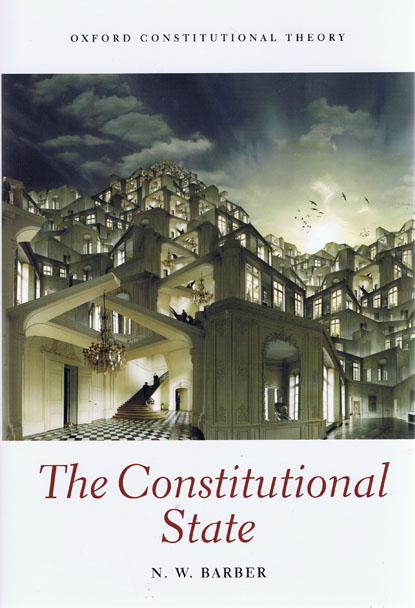
The Constitutional State provides an original analytical account of the state and its associated constitutional phenomena.
It presents the state as a form of social group, consisting of people, territory and institutions bound together by rules. The institutions of the state make a distinctive and characteristic claim over the people of the state, who, in turn, have a distinctive and characteristic relationship with these institutions.
This account reveals the importance of at least two forms of pluralism - legal and constitutional. It also casts light on some of the more difficult questions faced by writers on constitutions - such as the possibility of states undertaking actions and forming intentions, the moral significance of these actions for the people of the state, and the capacity of the state to carry responsibility for acts between generations.